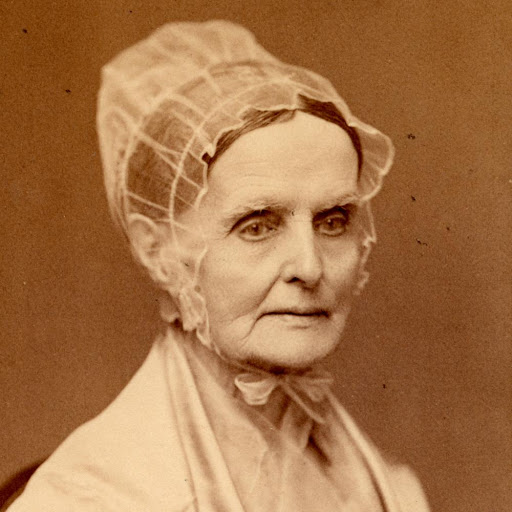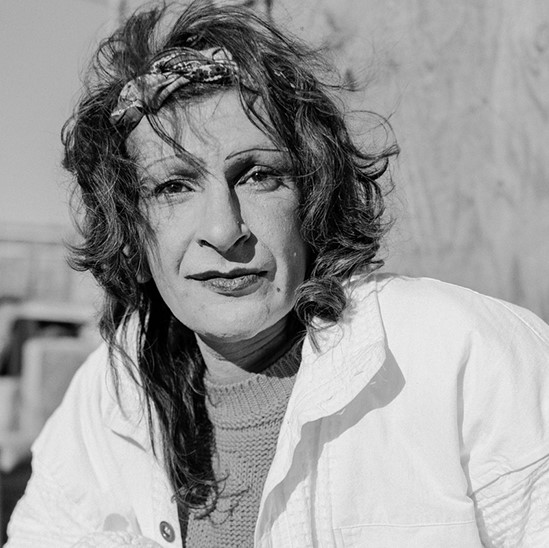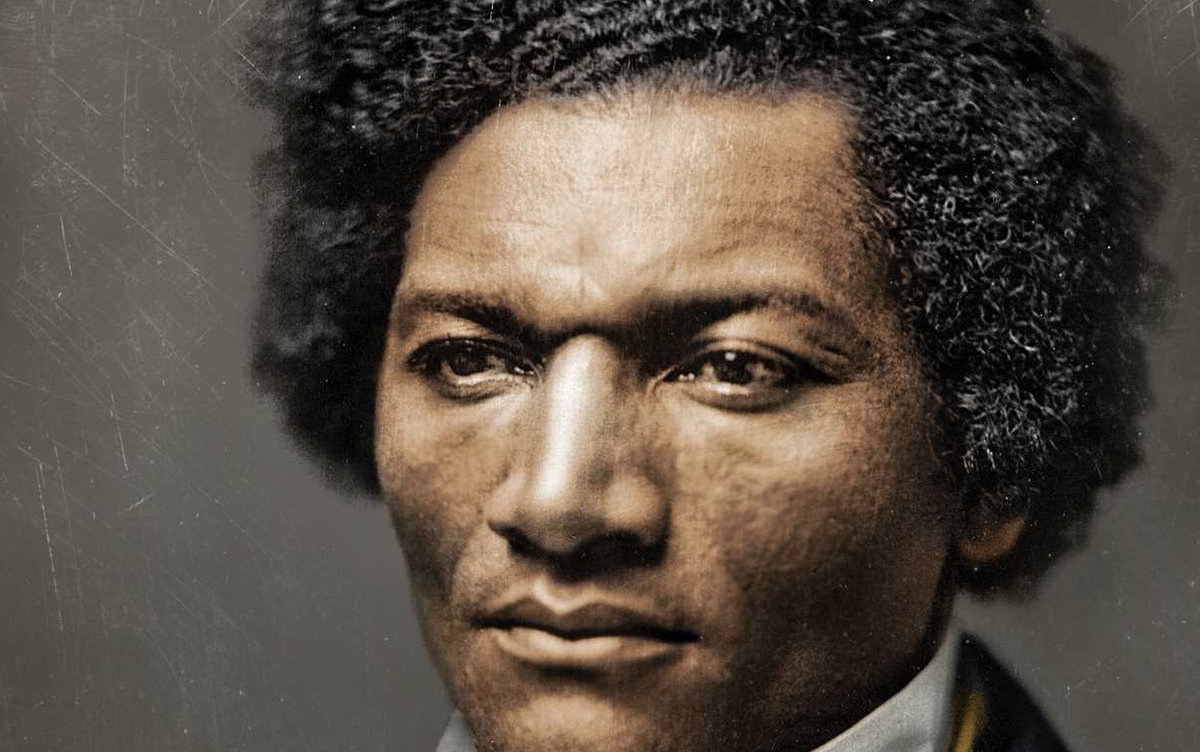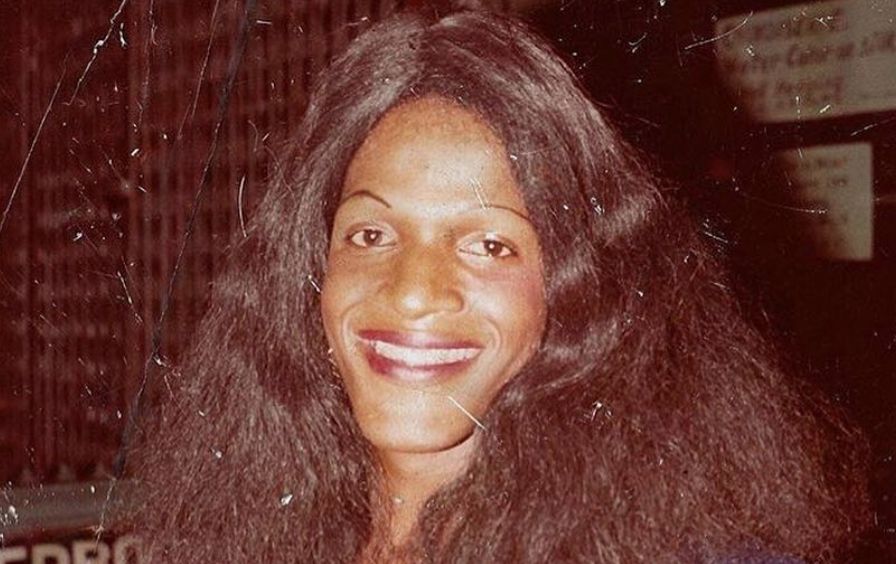Instead, Julia Hooks was fined $5 for disorderly conduct - particularly ironic, because she was about the least disorderly person in Memphis.
Julia and her sister Mary were the first Black women to graduate from Berea College in Kentucky, which was integrated until 1904.
Another sister, Hattie, killed herself after being slut-shamed by Ida B Wells - also a story for another day.
And incredibly, men and women, blacks and whites, were paid equally to teach.
One result was that white men left teaching entirely. Another was that Black women had access to a career.
She demanded fair divorce laws, equal pay, and votes for white women.
In 1876 she rented out a local theater to give her own lecture on women’s rights under the law.
In 1880 she submitted 2 petitions to the NWSA national convention, one signed by 130 white women and the other by 110 black women, courtesy of her servant.
Meriwether doesn’t explain why the white women gathered barely more names.
In 1867 she and her husband Minor hosted a gathering in their home, which they had reestablished after spending the war in exile. Elizabeth followed Minor, a Confederate officer. Their 3rd son (Lee, of course) was born on the road.
Elizabeth’s contribution was to suggest that their platform include votes for white women. /








